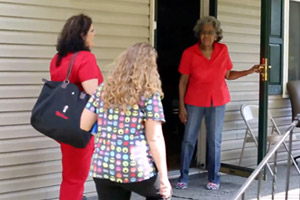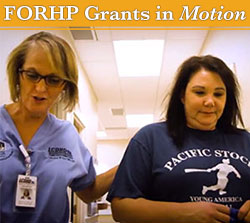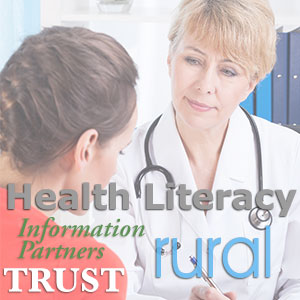The Rural Monitor
Articles by State: Arkansas
For more information and resources, see the
Arkansas state guide.

September 11, 2024
What can board members and CEOs do to ensure the continuity of strong leadership through transitions? Rural health leaders from across the country share their approaches to succession planning — from written policies to the mentorship of emerging talent.
Read More

July 24, 2024
For decades, community health workers (CHWs) provided their services outside usual healthcare reimbursement models. In recent years, with research supporting CHWs as professionals effectively assisting patients with navigating health-related social determinants, federal and private payers are exploring reimbursement mechanisms. Four rural healthcare organizations share both the impact and the continued sustainability challenges — and successes — of their CHW programs.
Read More

July 10, 2024
Timely interventions and support can be life-changing for children with Autism Spectrum Disorder (ASD) and their families, but are often inaccessible in rural communities.
Read More

October 23, 2019
A new diagnosis of cancer? Of a rare disease? Or a chronic medical problem with seemingly no new treatment? The National Center for Advancing Translational Sciences is supporting investigators and ensuring that their cutting-edge science gets to the people who need it. Translational science teams in Arkansas, Florida and Washington are making that happen in the rural areas of their states.
Read More

September 5, 2018
As more federal dollars are directed toward the opioid crisis, three communities use grant funds for treatment and recovery care coordination in court, prisons, and the homes of new moms.
Read More

May 3, 2017
From over-the-counter medication use, to decisions about personal or family disease treatments, health literacy impacts the most everyday of health decisions. But, distance and internet connectivity challenges make it difficult for rural residents to get health information. To navigate health information gaps, school nurses, newspapers, public libraries, churches, public health departments, and hub-and-spoke academic institutions are working in creative ways.
Read More






